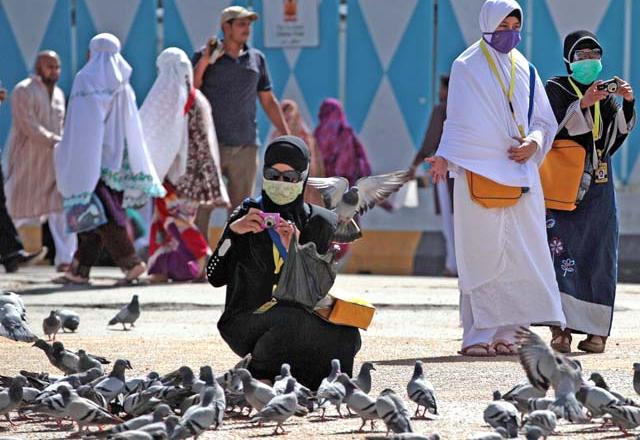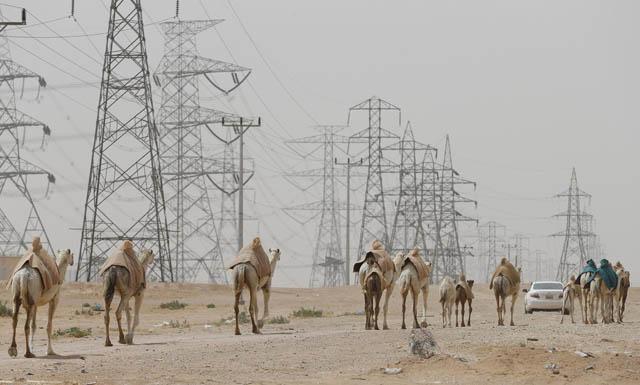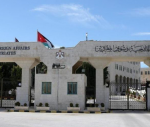AMMAN — The Ministry of Health has raised alert levels across the Kingdom following the death of two Jordanians infected with MERS coronavirus and H1N1, a ministry official said on Saturday.
Bassam Hijjawi, head of the ministry’s primary healthcare directorate, said the coronavirus-related death is the third in the country, as two cases were registered in 2012.
“The case is of a man who already had leukaemia, and he died at the King Hussein Cancer Centre,” Hijjawi told The Jordan Times over the phone, adding that currently, there are no other patients diagnosed with the disease in the country’s hospitals, but “we will stay alert”.
Coronaviruses are a large family of viruses that may cause a range of illnesses in humans, from the common cold to SARS. Viruses of this family also cause a number of animal diseases, according to the World Health Organisation.
The Middle East respiratory syndrome coronavirus (MERS-CoV) strain has not been previously identified in humans; there is very limited information on transmission, severity and clinical impact, with only a small number of cases reported thus far.
The H1N1-related death, Hijjawi said, involved a man who had heart disease, and his immune system was weak.
The official explained that the ministry conducted tests on those who dealt with the two patients and all results were negative.
Since the beginning of winter, 25 Jordanians have been diagnosed with H1N1 and recovered after receiving the needed medication, he added.
“We call on those who have the symptoms of any of these diseases to go immediately to hospital, especially if they have other chronic diseases,” Hijjawi said.
Most people who contracted MERS-CoV developed severe acute respiratory illness with symptoms of fever, cough and shortness of breath according to the US Centres for Disease Control website.
Saudi Arabia is by far the worst affected country by MERS, accounting for 59 deaths out of 180 confirmed cases, Agence France-Press reported on Saturday, adding that the virus has also struck in the United Arab Emirates and Qatar.
Experts are struggling to understand MERS, for which there is no vaccine, the news agency added.
“It is considered a deadlier but less-transmissible cousin of the SARS virus that erupted in Asia in 2003 and infected 8,273 people, 9 per cent of whom died.”
Last August, researchers pointed to Arabian camels as possible hosts of the virus, according to AFP.
It added that cases have also been reported in Europe, in Britain, France, Germany, and Italy, mainly in people who had visited the Middle East.

















